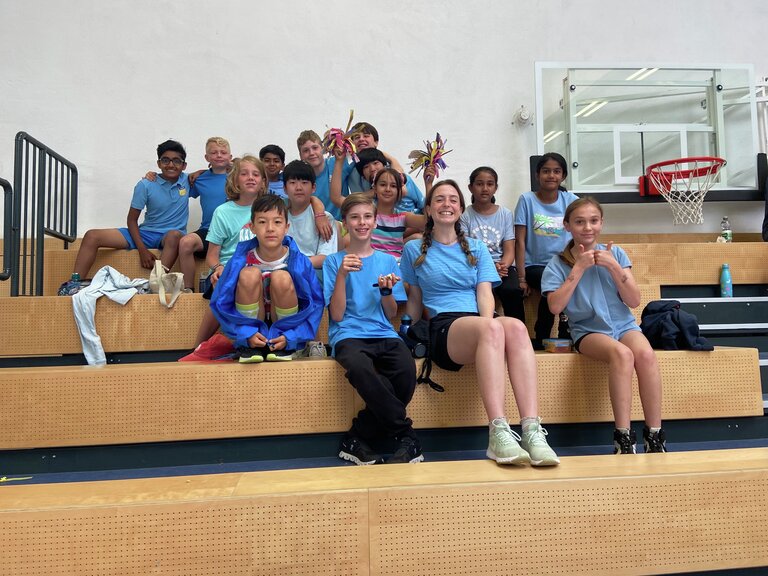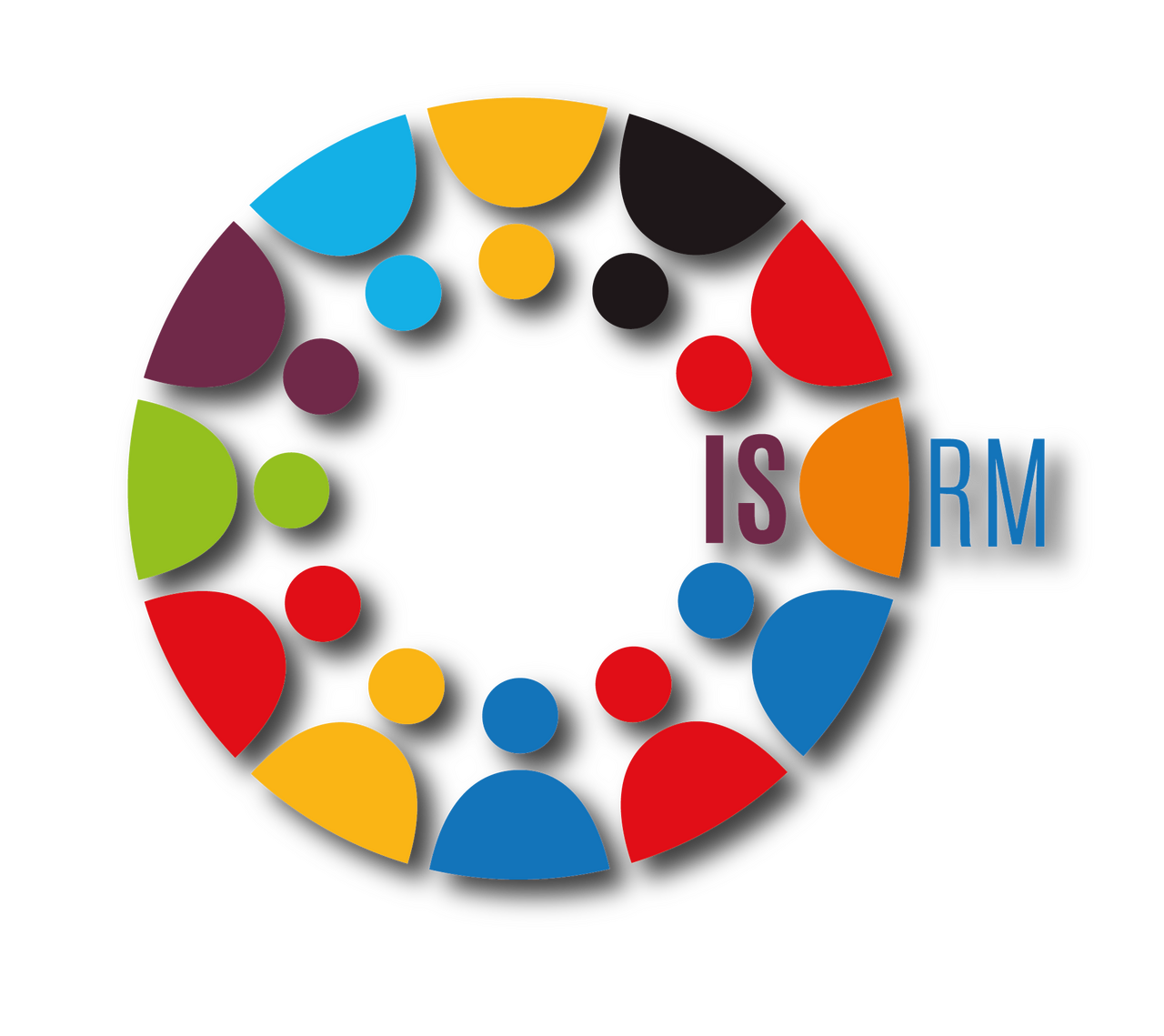The Diploma Programme (DP) is a course of study designed to meet the educational requirements of students aged between 16 and 19 years (Grades 11-12). It focuses on holistic development, fostering critical thinking, intercultural understanding, and a well-rounded skill set. Through its holistic approach, the IB DP aims to develop well-rounded, globally-minded individuals who are equipped with the skills, knowledge, and attitudes needed for success in higher education and beyond.
DP Subject Groups
In the DP model, students will choose one class from each of the six subject groups:
Students will also engage with the DP core elements which include:
Several studies commissioned by the IB have concluded that, compared to their peers, IB students tend to go to university at higher rates, go to more selective universities, and perform better once there. For example:


